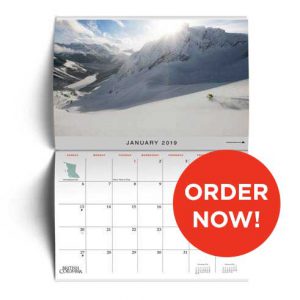Don Bourdon, curator of images and paintings at the Royal BC Museum, offers up five fast tips on the art of re-photography.

Photo: Frederick Dally/courtesy Royal BC Museum; Don Bourdon/Royal BC Museum.
In the Spring 2014 issue, we reflected on British Columbia Magazine’s 55th anniversary, comparing images from our earliest issues with present-day shots of the same locations. The result was the photo essay “Then and now.” Interested in trying your hand at re-creating some classic old scenes? Don Bourdon, curator of images and paintings for the Royal BC Museum, offers these five tips to help get you started.
- Find a good reference image. In our digital age, re-photography is easier to set up than ever before. “You can find a picture of Store Street in Victoria in our archives, then go there and take a picture from the exact same spot,” says Bourdon. You can even look up a BC Archives image with your smart phone while on location.
- Look for immovable objects. Find elements in the before pictures that stand the test of time, like horizon lines, iconic buildings, or geological features. “Hells Gate on the Fraser has been dramatically altered by blasting, yet some striking rock formations remain, above the raging waters, from thousands of years ago,” says Bourdon.
- Play with focal length. “Photographers of the past used a variety of equipment and techniques,” explains Bourdon. “So, for instance, you might need to move far down the main street of Barkerville and use a longer focus shot to replicate a foreshortened view made 140 years ago.”
- Be open to experimentation. Decades of forest growth or urbanization can immeasurably alter landscapes. “My colleagues and I were trying to find ‘Photographers’ Rock’ in the Illecillewaet Valley in Rogers Pass. It’s a massive boulder, but it sits on permafrost, and the whole thing had shifted,” says Bourdon. The lesson? “You can’t always make assumptions with re-photography!”
More: Read Don Bourdon’s essay about re-photography in the Royal B.C. Musuem’s online publication Curious Quarterly, where you can also view more of his “Now and Then” pairings.
Before
Frederick Dally’s classic view of freight wagons passing through the cut at the Great Bluff has graced books, articles, postcards. It fired the imagination of Victorian audiences and those encountering the romance of the Cariboo today.

After


